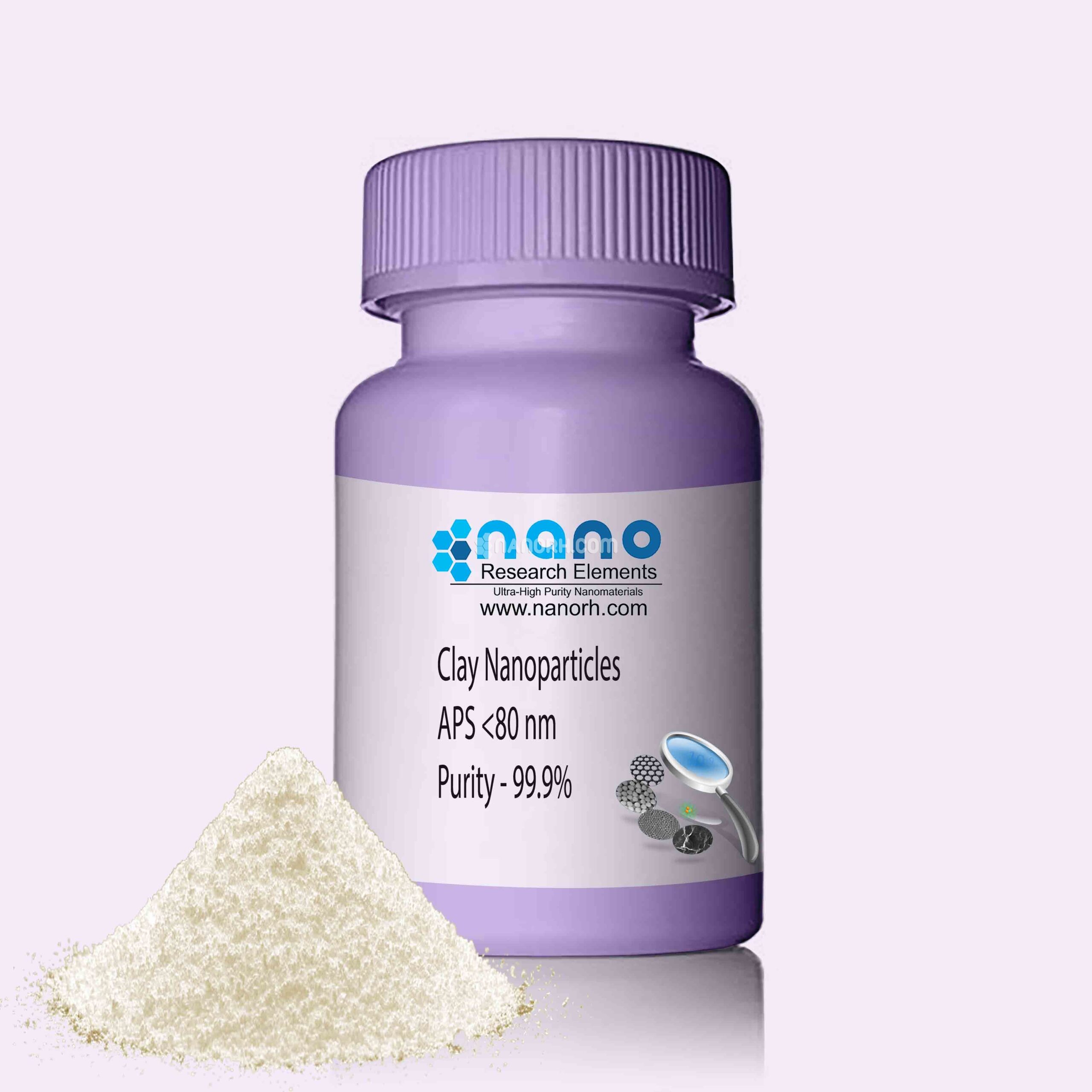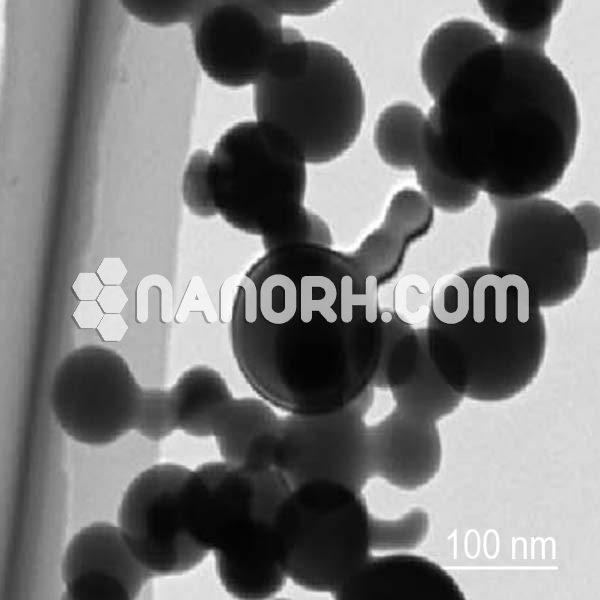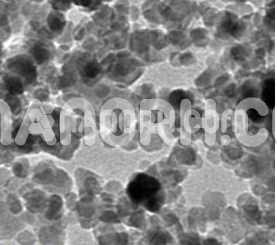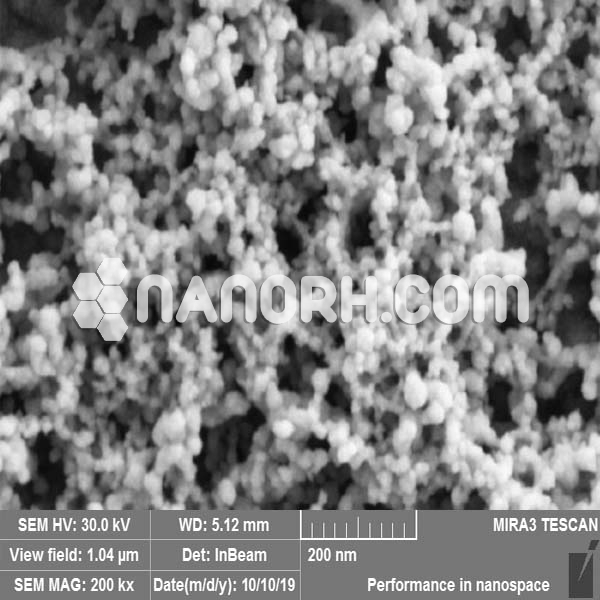| Nanoclay Modified Asphalt Materials | |
| Product No | NRE-6023 |
| CAS No. | 1332-58-7 |
| Formula | Al2[(OH)2|Si4O10].nH2O |
| APS | <100nm (Can be Customized) |
| Purity | 99.9% |
| Color | Beige-tan |
| Molecular Weight | 392.335736 g/mol |
| Density | > 8.4 (lb./gal) |
| Melting Point | 110-120 °F |
| Boiling Point | >500 °C |
Nanoclay Modified Asphalt Materials
Introduction
Nanoclay modified asphalt materials are a class of asphalt composites in which nano-sized clay particles (often montmorillonite, bentonite, or other types of clays) are incorporated into the asphalt matrix to improve its performance properties. Asphalt, traditionally used for road paving, roofing, and waterproofing, is a mixture of bitumen (a petroleum-based binder) and aggregates like sand, gravel, or crushed stone. However, asphalt has limitations in terms of durability, high-temperature stability, and aging resistance.
Pavement and Road Construction
High-Performance Pavements:
The addition of nanoclay to asphalt improves the performance of asphalt pavements by increasing their resistance to deformation and aging, leading to longer-lasting roads. This is particularly beneficial for high-traffic roads, highways, airport runways, and urban roads that are subjected to significant wear and tear.
Heavy-Duty Traffic Areas:
Nanoclay-modified asphalt is especially useful in areas with heavy traffic loads, such as interstate highways, expressways, and industrial areas where pavements need to withstand greater stress and deformation without rutting or cracking.
Improved Road Smoothness:
The enhanced rheological properties of nanoclay-modified asphalt can also help in the production of smoother road surfaces, reducing vehicle vibrations and wear on tires, which leads to an improved driving experience and a reduction in vehicle maintenance costs.
High-Temperature and Cold-Weather Pavements
Hot-Weather Pavement:
Asphalt pavements in hot climates are prone to rutting and deformation due to the high temperatures, but nanoclay-modified asphalt has improved high-temperature stability, making it more suitable for use in tropical and desert climates.
Cold-Weather Pavement:
In regions where temperatures drop significantly, traditional asphalt may become brittle and crack under stress. Nanoclay-modified asphalt exhibits improved low-temperature flexibility, which helps prevent thermal cracking and ensures the pavement remains intact during freezing conditions.




